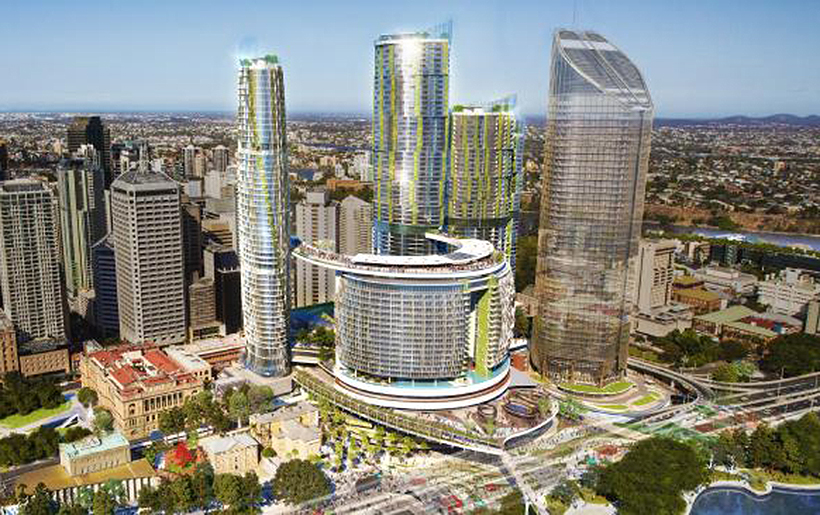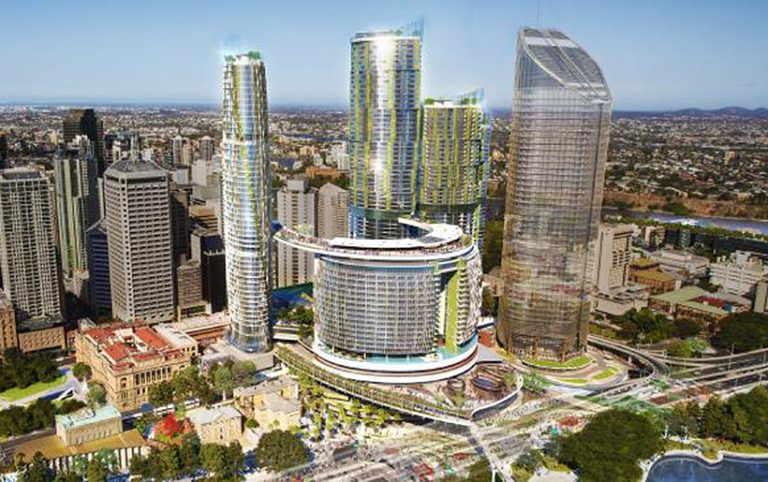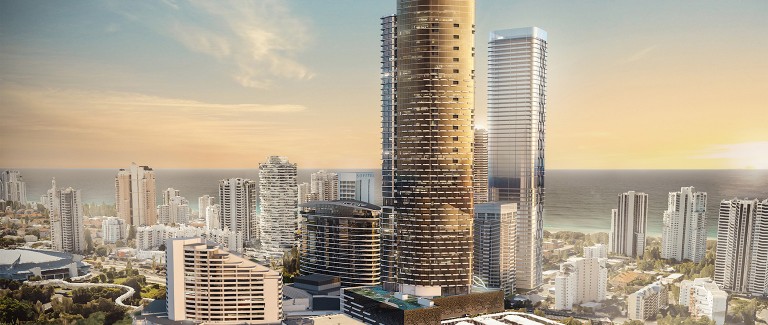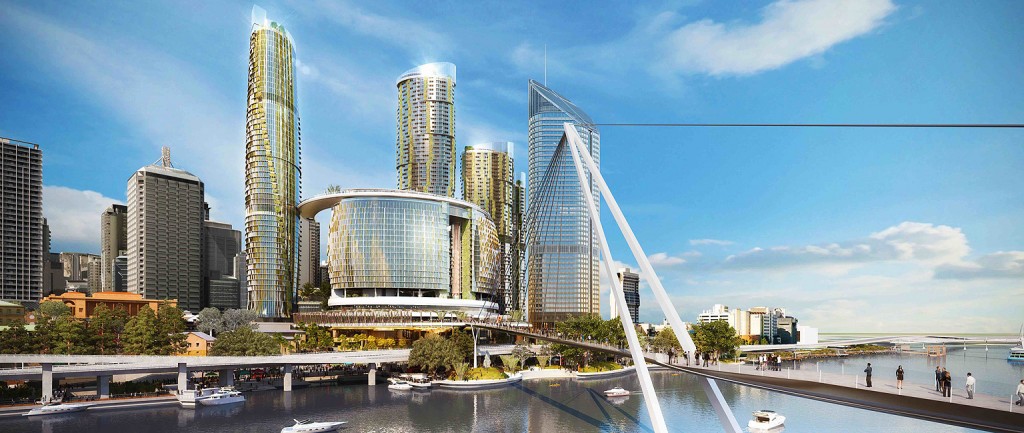Brisbane casinos weather Chinese investment sting

Brisbane real estate deals are collapsing after a new Chinese Government sting on offshore investment.
Millions sunk into real estate are at risk, according to experts, but Queensland may have avoided a multibillion-dollar hit from a related Chinese Government ban on casino investments.
Property experts believe the situation has created a perfect storm for locals with deals aplenty as Chinese buyers topple on funding.
Commercial Insights: Subscribe to receive the latest news and updates
This after China’s State Council documented restrictions on investments in real estate and banned any funding of new casinos over concerns that private firms were carrying too much debt.
The $3 billion Queens Wharf casino – whose joint venture partner Chow Tai Fook Enterprises owns China’s biggest jewellery firm – and billionaire Tony Fung’s millions sunk into hotel and casino plans along the Queensland East Coast would both have been in the crosshairs, but their Hong Kong bases appear to have shielded them for now.
A spokesman for Fung – who’s in Hong Kong this week – says “to the best of our understanding the new regulations do not apply to Hong Kong, where Tony resides, so will not have any impact on Aquis’ Australian strategy”.

Brisbane is expected to bear the brunt of any Queensland fallout, mostly because of unit deals. Picture: AAP Image/Marc Robertson
Officially the real estate restriction is on deals worth more than $US1billion, but The Courier-Mail was told a wider net had already been cast, with Chinese nationals transferring cash here having to sign statements declaring the funds were not for real estate.
Agents have reported a flurry of Chinese investors want to offload new developments at discounted rates — a boon for locals via reduced prices and less competition. Cash-strapped Chinese buyers who paid 10% deposits on units are willing to back out of deals with as little as a third of their deposit in hand “because 3% (of the 10) is better than nothing”.
Brisbane is expected to bear the brunt of any Queensland fallout, especially in new developments. Realestate.com.au data shows the top 10 Queensland suburbs that attracted Chinese attention this year were Carindale, St Lucia, Indooroopilly, Hope Island, Calamvale, Sunnybank, Southport, Sunnybank Hills, Cairns and Eight Mile Plains.
Just last year, busloads of Chinese buyers were driven around Brisbane to look at potential investments but demand has dropped so sharply those trips have had to be culled, says Harcourts agent Conrad Leisemann.
Yong Real Estate agent Tom Zhang, who deals with many Chinese buyers and sellers in Sunnybank, says the moves are a “double threat” for Chinese investors.

Hong Kong based billionaire Tony Fung was not expected to be impacted by the new rules. Picture: Marc McCormack
“Firstly they made it hard to borrow money, so many people said, ‘okay, we will use cash’, and now the cash has been restricted,” he says. “The Sunnybank outer market has been greatly affected by those changes. It’s good timing for local buyers to buy before the rules are loosened again.”
Place Projects director Lachlan Walker says the lending crackdown was heavily felt from late last year, but the new restrictions will pummel Sydney and Melbourne more than Brisbane.
“Chinese buyers’ preference has always been Sydney and Melbourne, so it will impact those markets more than Queensland,” he says. “But Chinese investment in residential product gave us our volume. They did underwrite a lot of developments that occurred here and we can’t depend on them now.”
REIQ CEO Antonia Mercorella says Queensland has to find an alternative to fill the gap left by Chinese investors.
“Queensland needs investors in both residential and commercial property, so our strong hope is that if one investor group starts to contract another will be able to increase to fill the gap.”
“Queensland is a desirable investment destination and hopefully our strong value proposition will continue to attract local and international investors to our shores.”
This article from The Courier Mail was originally published as “Sting in Dragon’s tail for Chinese buyers clears path for bargain hunters”.







